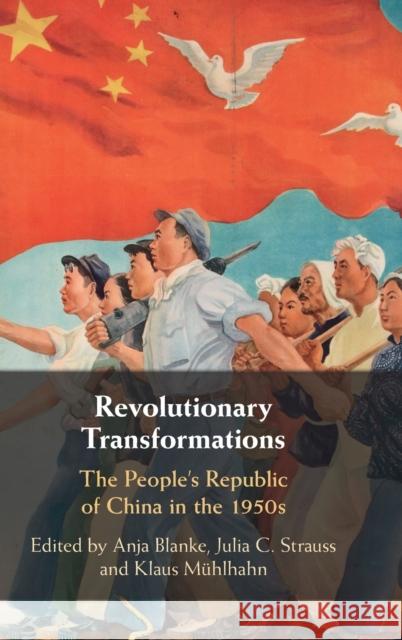Revolutionary Transformations » książka
topmenu
Revolutionary Transformations
ISBN-13: 9781009304108 / Twarda / 2023 / 304 str.
Revolutionary Transformations
ISBN-13: 9781009304108 / Twarda / 2023 / 304 str.
cena 412,95
(netto: 393,29 VAT: 5%)
Najniższa cena z 30 dni: 409,63
(netto: 393,29 VAT: 5%)
Najniższa cena z 30 dni: 409,63
Termin realizacji zamówienia:
ok. 16-18 dni roboczych.
ok. 16-18 dni roboczych.
Darmowa dostawa!
An international team of scholars explore China's transformative revolutionary decade, the 1950s, calling into question existing narratives.











